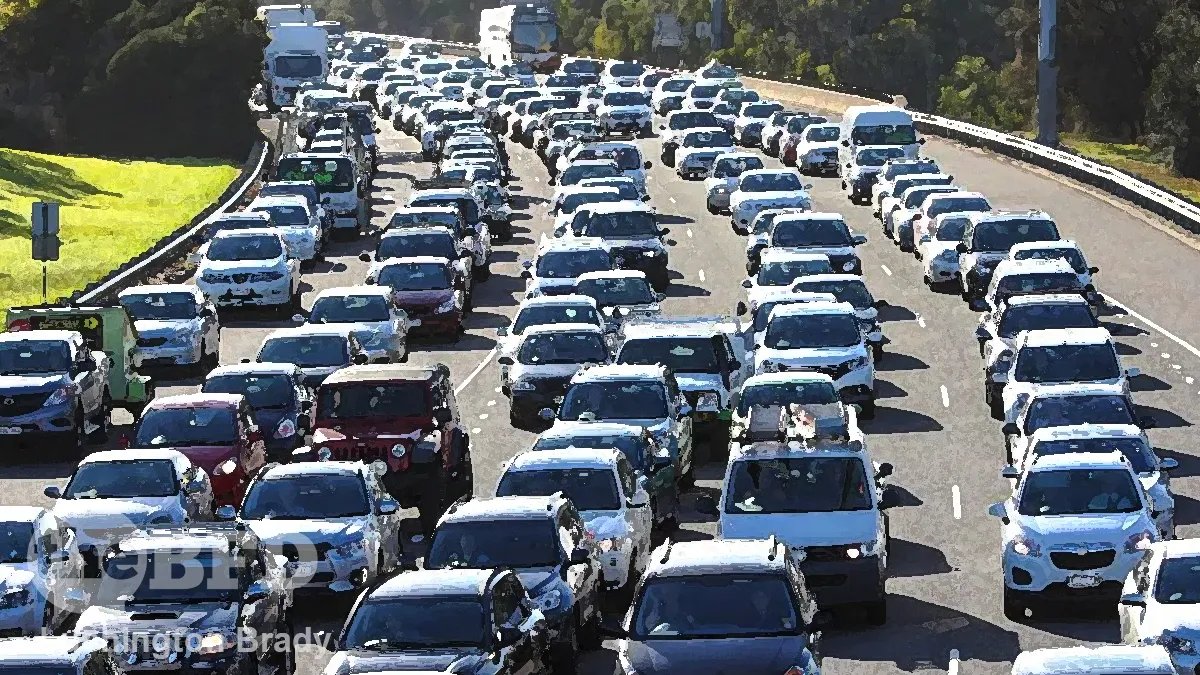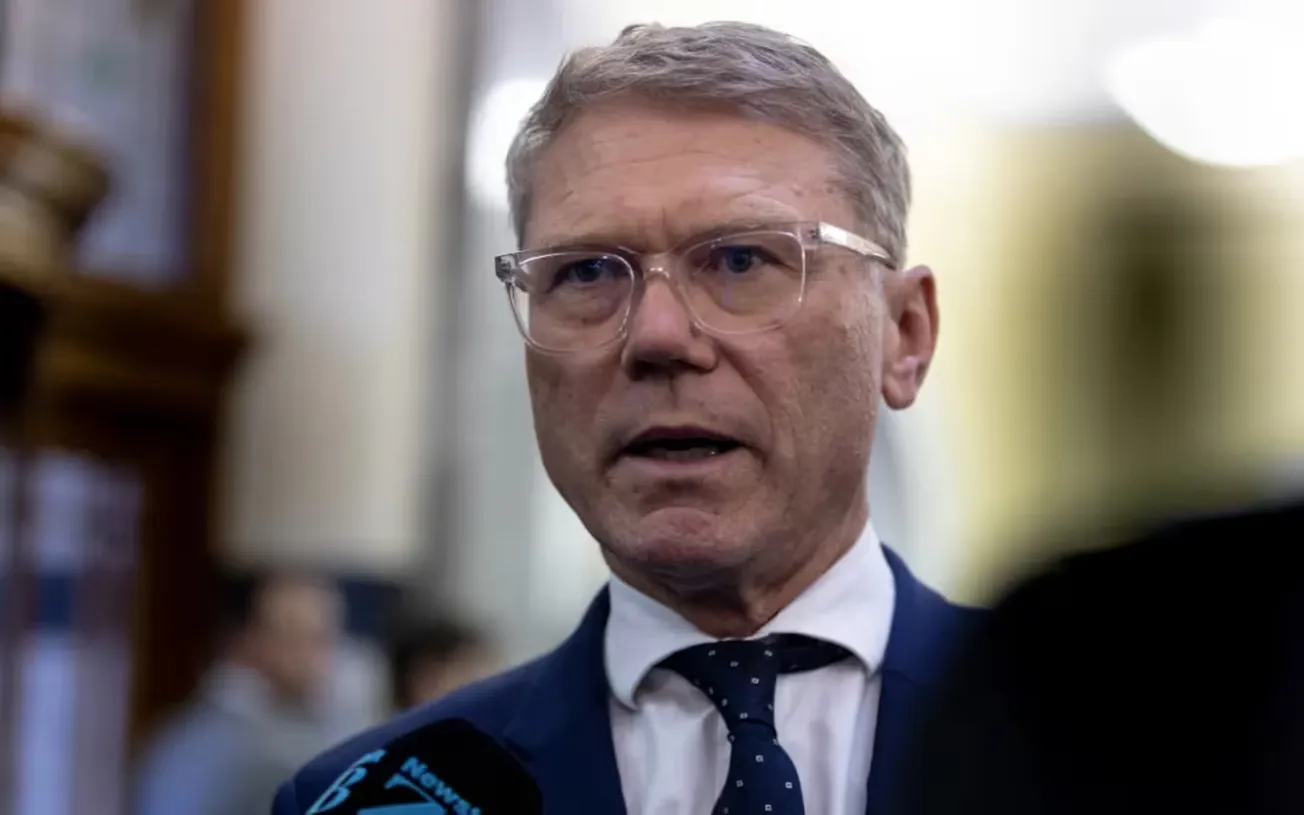Table of Contents
I was chatting to a client the other day. He has been in the construction industry for the last three decades. Now in his 50s, his personal situation is quite comfortable; he has only a small mortgage and a nice house in a coastal area, and he has decided to scale back. But he is not thinking of merely reducing his hours to 20 per week. No – he is thinking of going to work in the local Pak’n’Save, because the minimum wage is now $20 per hour.
My initial reaction was one of surprise. He has over a decade to go before he is entitled to NZ superannuation, and a job in a local supermarket seems a poor way to spend that time. But when I questioned him further, the answers became clear. His biggest problem is actually traffic.
He doesn’t build houses. He is more of a building maintenance person these days, and a few years ago, he would be able to do 4 jobs a day. But now with the traffic levels in Wellington, allowing for the time it takes him to pick up materials, he says that he often only gets one job done a day, so he doesn’t get paid much more than $20 per hour anyway – and he has to pay for fuel, tools and materials out of that, making him worse off than those on minimum wage.
So the construction industry, crying out for experienced building workers at all levels, is going to suffer even further, not just because their workers are going overseas but because it is not worth their while doing what they are doing and they would prefer to stack shelves in a supermarket instead.
This story is anecdotal. I really don’t know if there are others in this situation, but it makes sense. This person, once involved in large construction projects, now travels around much more than before. The traffic levels and lack of infrastructure investment means that he now earns about half of what he used to. So at a time when the construction industry is struggling with a huge shortage of workers, another one bites the dust… not because he is incapable of working, but because he can’t get around quickly enough to earn a decent living.
It is just not possible that he is the only person in this situation.
Actually, I do know of another tradesman in the same situation, but he is moving to the Wanaka area to get away from the Wellington traffic, however he is going to set up his business there. So he is not a loss to the trade, just a loss to Wellington.
Neither of these are the types of people to get an e-bike with a trailer. Honestly, what a joke; the equipment and materials they need to carry around with them make such a suggestion ridiculous in the extreme, and anyway… they would still have to travel in the traffic, e-bike or not.
Wellington wasn’t like this 10 years ago, but back then there were a number of roading projects in the pipeline, such as the Basin Reserve flyover, that have since been abandoned. Now we have a bike park being constructed on the water side of the Hutt motorway, at a cost of $190 million, but no roading projects in sight. It is a travesty that a region with only 350,000 people should be gridlocked like this.
Never mind. The proposed congestion charges will fix it… and drive more tradespeople out of the area or into minimum wage jobs where they can earn as much stacking supermarket shelves as they can doing maintenance work in houses. The world really has gone mad.
Please share this article with others









